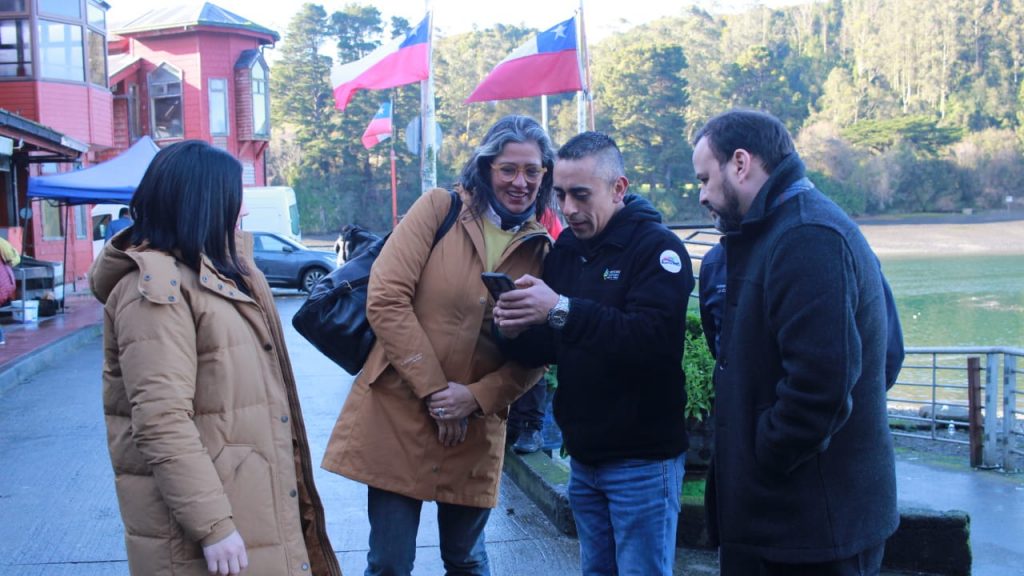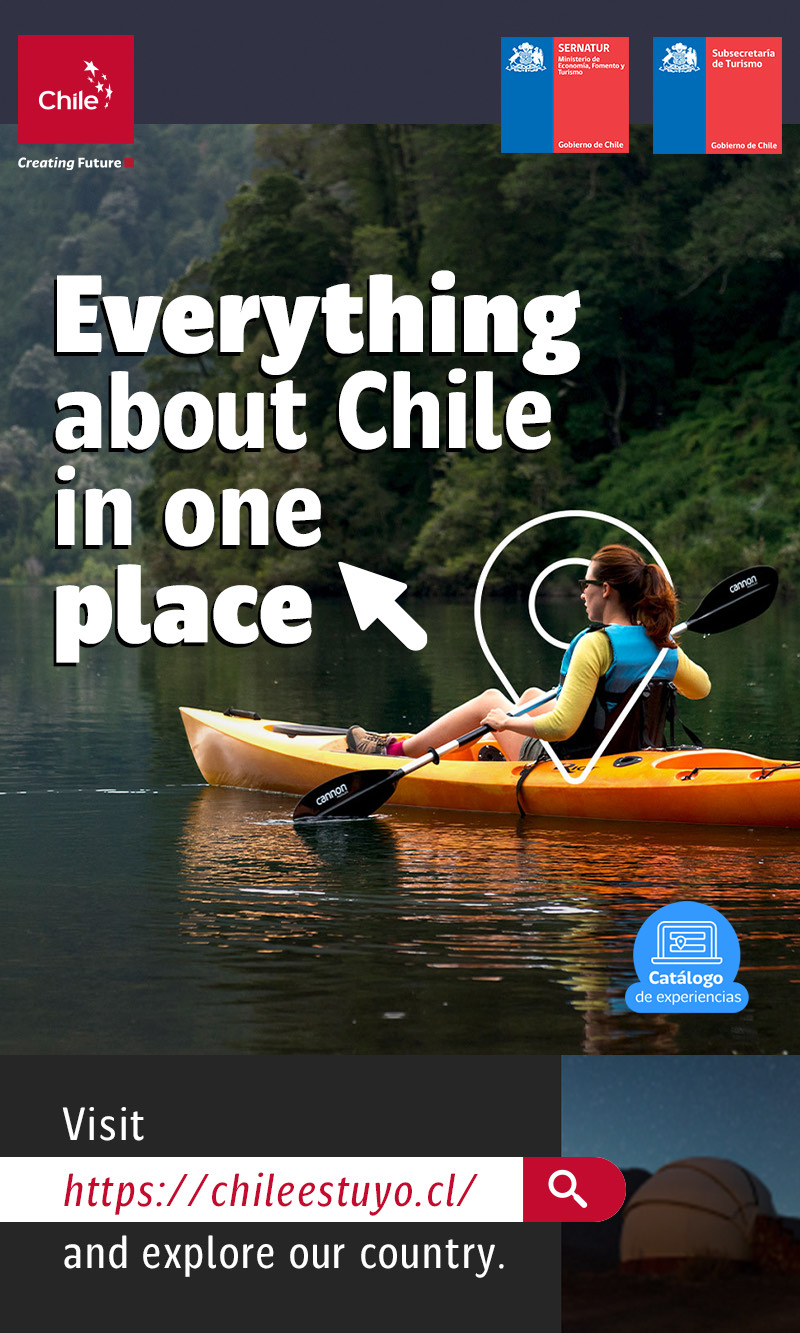
Chile has received close to 30 tourism awards and in 2023 the World Travel Awards' World's Best Green Destination. While this recognition is very important, it also implies important commitments. In the opinion of the Undersecretary of Tourism, Verónica Pardo. "Our main attraction is nature and we cannot do nature tourism if it is not sustainable. We need operators to make a commitment to sustainability," she said.
The National Sustainable Tourism Strategy is for the next ten years and the Sustainable Tourism Plan is a concrete outline of the actions that need to be taken.
With this in mind, the Sustainable Tourism Strategy will be launched at the end of March, a navigation chart for the sector, in the preparation of which 2,200 people from all regions participated, including unions, government and individual actors. In Pardo's opinion, adopting and implementing sustainability in tourism in Chile is a priority, "because it is a country whose tourism development is based on its natural and cultural resources" . And to this task, he adds, the state, businessmen, residents and visitors must join in.
"The National Strategy for Sustainable Tourism is for the next ten years and the Sustainable Tourism Plan is a concrete step towards the actions that need to be taken. Such as having tourist seals of greater accessibility, agreeing with the guilds on certain guidelines at the national level and thinking about sustainable destinations, where, for example, garbage is managed, work is done with certain limits, where not just anyone is allowed to arrive at any time, etc.". Pardo indicated that three destinations were chosen for the generation of sustainable tourism: Rapa Nui, San Pedro de Atacama and Torres del Paine, destinations that are among the most demanded.
Tour operators are taking steps to obtain the S (sustainable) seal, and clean production agreements are being worked on with different unions to improve the production process by incorporating a climate perspective. Agreements have been reached with the Chilean Gastronomy Association (ACHIGA) on water use, with hoteliers on waste management, and the same conversation is being held with the Santiago Airport. Currently, Sernatur has a registry with the location and certifications of all tour operators. "Our goal is that many more will be incorporated this year," concluded the Undersecretary.


Undersecretary Pardo explained that "tourism is one of the activities that allow for greater economic, territorial and equitable development . Tourism allows to generate perspectives in the territories and if I hire, the ideal is that they are tourist guides and gastronomy of the place and that local food is cooked. We must show tourists who go to Chiloé, Aysén or Magallanes that there is an offer that allows tourism to have a community component".
Tourism and climate change
Within the strategy, the risk factor of destinations in the face of climate change is a priority. Currently, the United Nations (UN) has called for the promotion of sustainable and resilient tourism in the face of the vulnerability of this sector to emergencies. The recent fires in the Valparaíso region are an example of this exposure. Therefore, the value of the industry in the local economy and the importance of how to communicate emergencies in order to protect without interrupting tourism activity becomes even more relevant.
"In Chile, 3.5% of the national GDP is generated by tourism. Of this, 10.7% is produced by the Valparaiso Region and 3% only in February. About 17% of the tourists that come to our country go to the Valparaíso Region, therefore we must take care of the definition of the affected destination", said the authority. In this sense, the cancellation of reservations on weekends, which is when most people travel, had a very high indirect effect as a result of the fires, even though no tourist attraction was damaged, since the fire occurred in the upper part of Viña del Mar.








